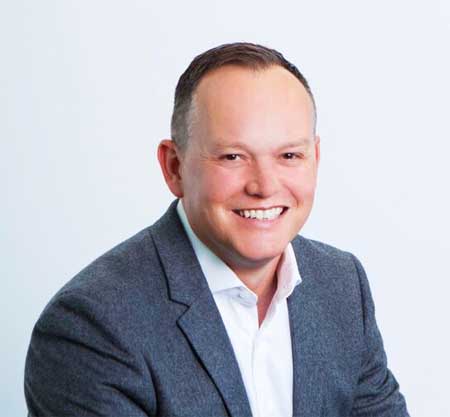What motivates healthcare professionals (HCPs) to attend medical meetings? Ashfield Meetings & Events has a few ideas.
Face-to-face meetings and events form a major part of a healthcare professional’s (HCP) medical education; specifically, national and international congresses.
But why is this? What is it that makes congresses such a valuable education channel to time-restricted physicians? As a business that provides congress support services for many of the world’s leading healthcare organizations, we were keen to discover how HCPs would like to see congresses evolving to better meet their needs. We began by exploring medical congresses and looking into the reasons why these events are so valuable to physicians. The result was “The Science of Healthcare Congresses,” a unique survey of more than 200 HCPs from both Europe and the US and across a range of therapy areas. The survey highlights HCP preferences and shares perceptive experiences of medical congresses—from their decision-making regarding attendance, how they value this type of activity and how they apportion their time on-site and engage with the healthcare industry, to their post-congress evaluation.
Our research has been genuinely fascinating. Not only have we learned a huge amount about how healthcare professionals view the whole congress experience as part of their medical learning journey, but we’ve also identified key components that may well help shape healthcare companies’ congress strategies and influence meeting planner best practices in the future.
Not only have we learned a huge amount about how healthcare professionals view the whole congress experience as part of their medical learning journey, but we’ve also identified key components that may well help shape healthcare companies’ congress strategies and influence meeting planner best practices in the future.
Here are some of our key findings:
A Thirst for New Data through a Multitude of Channels
A congress provides the healthcare industry with a unique opportunity, in that thousands of healthcare professionals descend on a single location for a short, but focused period of time. These HCPs have a thirst to consume new data, to expand their knowledge and learn about the latest products.
HCPs assess their personal education and knowledge gaps, linking these to the congress' scientific content when making the decision to attend (72% cited this) and they measure this against the necessary time spent away from their office.
Yet while they’re on-site, 75% of physicians indicated that the most significant challenge was the inability to attend all the sessions they desire. A solution to this is the provision of on-demand content, and 85% of our audience had ‘sometimes’ accessed this. HCPs are seeking access to scientific content through a range of multimedia channels, such as web-based applications, podcasts and even traditional USBs and printed handouts.
HCPs’ Expectations of Healthcare Companies
An encouraging finding for healthcare companies was that 98% of HCPs see the role of Industry as an important one. Physicians rely on healthcare companies to provide information on the latest products in development and for medical advances in their therapy area (listed as the top two most important factors).
Relating to this, it was particularly interesting to note just how much the HCPs value the exhibit hall. Around 91% said it was an important part of their congress experience, ranking it as the most effective element of a congress for networking; 42% indicated that being able to visit all the exhibition booths as one of the top three on-site challenges, and when visiting a stand, HCPs are keen to engage with Key Opinion Leaders (KOLs) and Medical Science Liaisons (MSLs) in order to better meet their educational needs.
Meanwhile, 88% of physicians advised that they would question why a leading healthcare company might not have a presence in the exhibit hall, seemingly affirming healthcare companies’ often cited ‘fear of missing out’ reason for attending.
A Tailored Experience
When asked as to what could improve their on-site experience, 64% of HCPs seek an invitation to attend sessions that address their personal medical questions; 50% of physicians are looking for program recommendations that will broaden their knowledge and understanding. This personalized experience, with more targeted medical education opportunities and engagements, could make a real and positive impact on an HCP’s overall congress experience.
A Wealth of Data—Shaping the Future
These are just some of the key findings of The Science of Healthcare Congresses (our 2019 survey and associated whitepaper) that are set to help medical meeting planners in the future. The full data suggests the importance of a defined congress strategy and program of activities that delivers high-quality, customer-centric medical education. Delivering a congress strategy that puts the physician at its core, can only benefit the healthcare professional, healthcare companies and their medical meeting planners, and ultimately and most importantly, the lives of patients.
For related research by Ashfield Meetings & Events, check out “The Future of Meetings” and “The Science of Healthcare Professional Meetings.”
MPI-MD Community Sponsors
 |
 |
 |
 |



